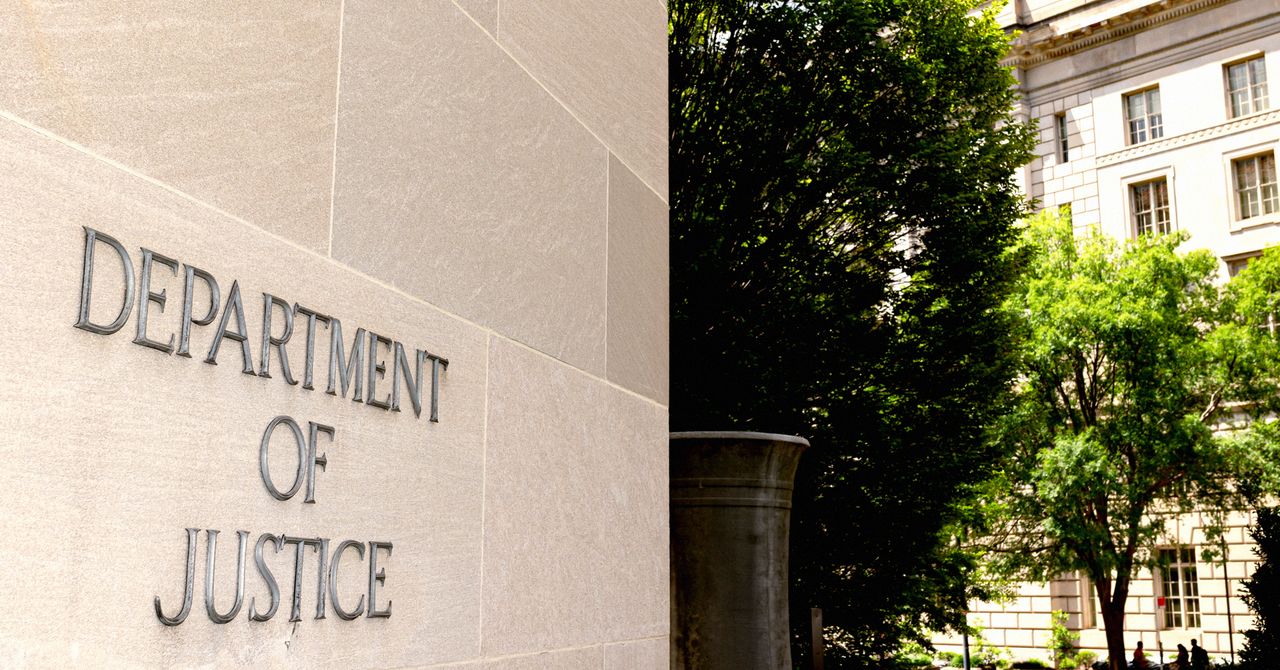“Claiming to offer the Tornado Cash service as a ‘privacy service,’ the defendants in fact knew that it was a haven for criminals to engage in large-scale money laundering and sanctions evasion,” the indictment alleged.
At trial, prosecutors presented evidence that they claimed proved that Tornado Cash was designed for money laundering from the outset. Their witnesses included a scam victim whose stolen funds were said to have passed through Tornado Cash—though this account was contested online by prominent members of the crypto industry—and a convicted fraudster who used the service to launder ill-gotten gains. “Washy, washy,” the fraudster supposedly wrote to his girlfriend, in a message about Tornado Cash.
When the government closed its case last week, prosecutors dismissed the topic of privacy as a convenient distraction. “The real money wasn’t in so-called ‘privacy’ for normal people,” Benjamin Gianforti, one of the prosecutors, is quoted as saying. “It was in hiding dirty money for criminals.”
Storm and the other developers even took to wearing a Tornado Cash-branded T-shirt emblazoned with an image of a washing machine, prosecutors noted.
Storm’s attorneys, meanwhile, sought to argue that although their client had developed the technology exploited by bad actors, he had not engaged in any criminality himself nor handled any dirty money. “You’ll never hear any evidence that Roman or the [other] cofounders participated in any hacks,” said Keri Curtis Axel, partner at law firm Waymaker and counsel to Storm, in her opening remarks.
Storm was powerless to prevent the abuses of Tornado Cash, the defense reportedly argued, because he and the other developers had relinquished the ability to modify or disable the underlying code, in the spirit of decentralization.
The defense called to the stand a number of witnesses who spoke to the potential legitimate uses for Tornado Cash. But Storm did not testify, which would have opened him up to cross-examination by the prosecution.
Ultimately, despite finding Storm guilty of the lesser money transmitting violation, the jury proved receptive to the defense’s line of reasoning.
“The jury split the proverbial baby,” says Mark Bini, a partner at law firm Reed Smith’s crypto practice and a former federal prosecutor. “While they likely credited the defense’s compelling arguments that there are legitimate privacy uses for mixers and that Storm was not directly involved in any of the crimes in which Tornado Cash was used, they felt uncomfortable with the steps that Tornado Cash took or didn’t take to prevent illicit uses.”
Storm now awaits sentencing, which usually takes place a few months after a conviction. Meanwhile, the DOJ must decide whether to retry the money laundering count on which the jury could not agree.
“The government could choose to retry Storm on the hung count, but based on the notes that were coming back from the jury, I expect that they will go to sentencing based upon the conviction they secured,” says Bini. “While they are likely to argue for a stiff sentence, the jury’s verdict appears to take a lot of the sting out of the government’s case.”
Update 8/06/25 at 3:32pm EST: This article has been updated with a statement from Matthew Green, an expert witness for the defense.




